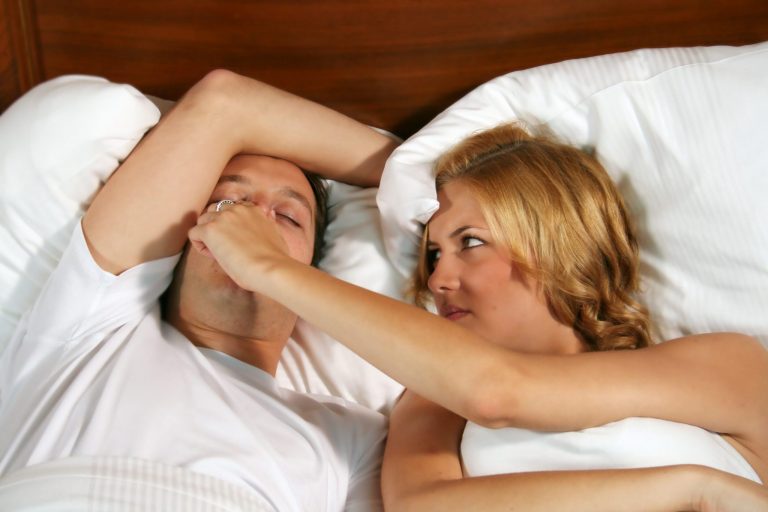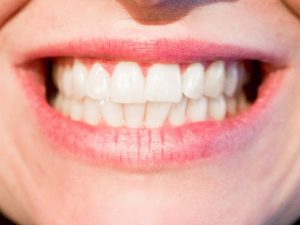What Sleep Apnea Does to Your Body
Sleep apnea, sometimes called obstructive sleep apnea, happens when your soft oral and throat tissues become too relaxed when you fall asleep. This results in your airway being blocked. You can easily spot sleep apnea in a spouse – if they’re a very loud snorer, there’s a good chance they might have sleep apnea – if they suddenly stop snoring. This is because they have actually stopped breathing temporarily, as those relaxed soft tissues have compressed to the point where no air can escape. In some cases, someone with sleep apnea might stop breathing for as long as twenty seconds – until the body will force an inhalation. This wakes up a sleep apnea sufferer for a split second – not enough to remember, but as this happens several times a night, these micro-interruptions eventually prevent a patient from getting any restful sleep.
Sleep Apnea Leaves You Sleep Deprived
One of the biggest dangers to your health that sleep apnea poses is through sleep deprivation. Many sleep apnea sufferers complain of constant fatigue, daytime drowsiness, irritability, and disorientation. If you go without enough restorative sleep for a long enough period of time, your immune system could weaken, your perception of pain could increase, and you could end up suffering from depression and memory problems – not to mention the dangers of falling asleep at the wheel!
Sleep Apnea Effects Your Blood Oxygen Levels
When you stop breathing for a significant amount of time, your body will go into panic mode. Plummeting blood oxygen levels will cause your body to flood with panic hormones that trigger that gasp that wakes you up for a moment, and if you’re constantly in a state of biological panic, you can end up placing needless stress on your cardiovascular system – stress that can lead to stroke, high blood pressure, and heart disease. If you have consistently low blood oxygen levels, you have a heightened chance of developing diabetes and having problems with your digestive processes as well.
One effective treatment for sleep apnea is oral appliance dentistry, where a custom-made mouth guard is inserted into your mouth at night to keep your jaw forward and your airway open. If you think you could benefit from such a treatment, contact Dr. Carter Yokoyama’s office at (888) 322-0101 to schedule a consultation.




